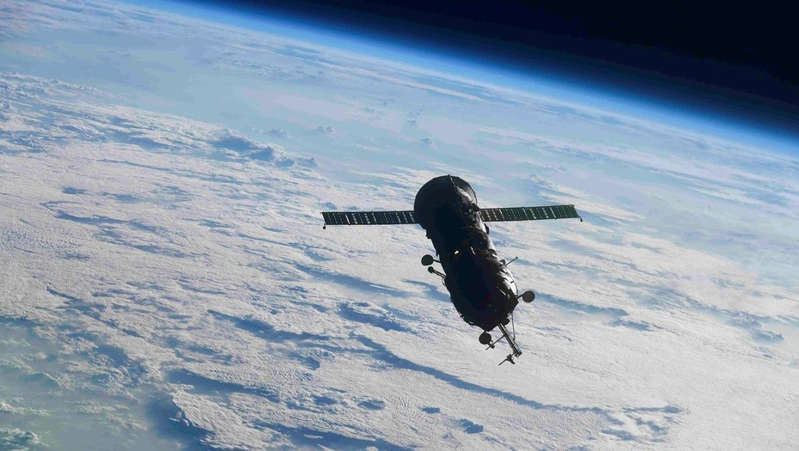The long journey to space of the Russian laboratory module Nauka, which began to be built back in the 1990s, ended in an incident with an unplanned engine launch after docking with the ISS. According to NASA, the incident turned the orbital station 45 degrees, but a quick response and position correction regained control over the situation, eliminating any threats to the crew.
The head of Roscosmos Dmitry Rogozin, who dreamed of teaching foreigners the Russian word “science”, immediately sent the command “do not panic.” Cosmonaut Oleg Novitsky got in touch next, urging not to worry.
The states went through several hectic hours, and Russian officials preferred to pretend that nothing supernatural had happened. Moreover, according to a number of sources, Roscosmos was very surprised by the reaction of NASA and refused to participate in the commission to study the incident, they say, there is nothing to investigate, “the situation is accepted as normal.”
Just think, the launch of another landmark project to the ISS – Boeing's Starliner spacecraft – had to be postponed indefinitely. They will wait a little longer, besides, the Americans had big problems when they first tried to dock to the orbital complex in December 2019.
One way or another, the emergency with the “Science” module again forced to talk about the image of the domestic space industry, and gave the West a reason for criticism. The British are actively zealous, as is often the case.
United Kingdom Air Force Chief of Staff Michael Wigston said Moscow and Beijing are conducting “dubious operations” in space. In addition, he expressed the opinion that future conflicts will be “won or lost in outer space”.
So far, the battle for space is won not by government or military structures, but by private foreign corporations. The same SpaceX Elon Musk took much less time to make his Dragon the only spacecraft for supplying the ISS, capable of returning cargo to Earth.
It remains to be hoped that billionaire Yusak Maezawa, whom Elon Musk called the first buyer of a ticket for a flight around the Moon, will not be prevented from going to the ISS on the Russian Soyuz in December 2021.
The Japanese enthusiast has already learned “hello” and “good morning” in Russian. Apparently, now he will have to remember what the word “science” means.

